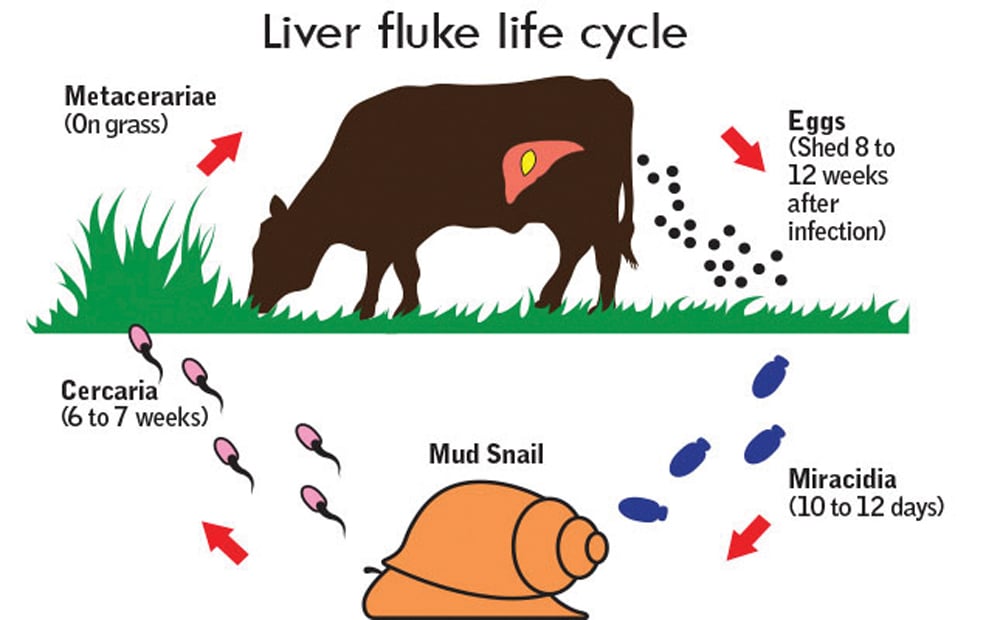Dog Vomiting and What to Do
Dog vomiting is a common concern among pet owners. In this blog post, we’ll explore the causes of dog vomiting, share tips on how to stop it, discuss home remedies, and guide you on when to seek professional help from a vet. Whether your dog is experiencing an upset stomach, throwing up bile, or showing other concerning symptoms, we’ve got you covered.
Understanding Dog Vomiting:
Dog vomiting is often an indicator that something isn’t right. It’s essential to pay attention to your dog’s behavior and overall health to determine the severity of the situation.
Causes of Dog Vomiting:
Several factors can lead to vomiting in dogs. These may include dietary issues, infections, ingesting foreign objects (like socks or stones), and various medical conditions. Identifying the underlying cause is crucial in addressing the problem effectively.
How to Stop Dog Vomiting:
If your dog has vomited once but is otherwise healthy, you can try simple measures at home. Withholding food temporarily and ensuring your dog has access to water may help calm their stomach. However, if vomiting persists or worsens, it’s time to seek professional advice.
Home Remedies for Dog Vomiting:
While there are some home remedies for dog vomiting that may provide relief in mild cases, it’s important to consult your vet before attempting any treatments. Common remedies include bland diets and probiotics, but the suitability depends on the specific situation.
When to See a Vet for Dog Vomiting:
Knowing when to see a vet for dog vomiting is critical. If your dog is vomiting persistently (especially if it’s accompanied by other concerning symptoms), don’t delay. This is particularly true if your dog is vomiting blood, as it may indicate a serious issue that requires immediate attention.
Treatment for Vomiting Dogs:
Professional veterinary care is essential when your dog’s health is at risk. Your vet will perform a thorough examination and recommend appropriate tests, such as blood work, ultrasounds, x-rays, or endoscopy, to diagnose the problem accurately. Based on the diagnosis, a tailored treatment plan will be developed to address your dog’s specific needs.
Conclusion:
Dealing with dog vomiting can be worrisome, but being informed and proactive can make a significant difference. We hope this guide has provided you with valuable insights into the causes, treatment options, and when to seek help for your furry friend. Remember, your dog’s well-being is a priority, and your vet is there to provide expert guidance and support. For more information on managing dog vomiting, watch the accompanying video for additional tips and advice.





